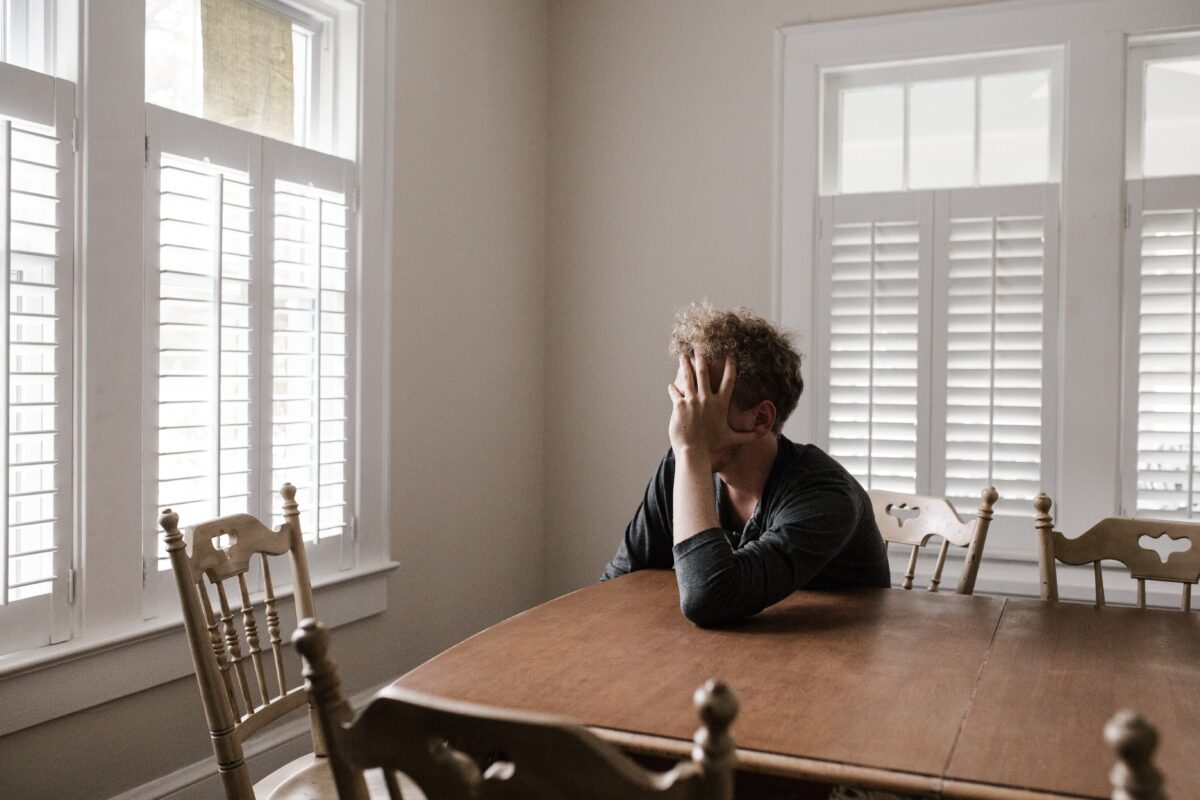Depression is an illness that very often comes ‘quietly’, unnoticed, and we disregard its first symptoms, thinking that it is just a temporary drop in form. In fact, it is a very serious mental illness which, in extreme cases, can even lead to the death of the patient.
Nowadays, more and more people admit to having or having had to deal with depression. It comes suddenly and can invade our lives unnoticed. Depression can affect people of all ages and from all walks of life. Often the sufferer is not aware that they have fallen victim to this illness. However, it is important to remember that it is a very severe disorder that leads to a loss of meaning in life, motivation to act, purpose, ambition, joy of life, and can end in suicide. People with depression are unable to cope with their sadness and the problems that surround them, so they not only need a lot of support from their loved ones and surroundings, but also the help of a specialist in this area.
Symptoms of depression
Symptoms of depression can be confused with a temporary drop in motivation to act, often referred to by us as: “a worse moment in life” or a so-called “worse day”. Of course, there is nothing wrong with this if the situation actually lasts for one day and does not become a permanent feature of our lives. Furthermore, it is worth taking into account the context in which the person is displaying these behaviours. Typical symptoms of depression are:
- feelings of sadness, depression and numbness;
- dynamics of mood changes throughout the day: very depressed in the morning, improving mood in the evening;
- loss of enjoyment and lack of satisfaction with life;
- indifference and passivity;
- lack of motivation to act;
- loss of interests and passions;
- neglecting existing responsibilities;
- deprivation of energy and vitality;
- slowness of movement, slowness of speech;
- withdrawal from social contact;
- tiredness of dealing with people;
- somatic pains;
- feelings of guilt, need to be punished;
- decreased ability to remember;
- slowed thinking;
- low self-esteem, feeling of being worthless;
- suicide attempts;
- sleep problems;
- appetite disturbances;
- sexual dysfunction.
Depression has more than one name
It is also worth taking a closer look at the types of depression. The milder, but long-lasting form of depression known as dysthymia deserves attention. Symptoms include chronic feelings of sadness, depression and low self-esteem, which can last for months or even years. Postnatal depression is also a popular condition, which affects women immediately after the birth of their child and manifests itself, among other things, as: mental tension, sleep problems, lack of enjoyment of contact with and care for the child. The American classification also distinguishes so-called seasonally dependent forms of depression, which are characterised by depressed mood, sadness, depression, lack of energy, appetite and sleep disturbances. The key point here, however, is the season in which these symptoms recur – usually autumn and winter.
Causes of depression
The biological cause of depression is a malfunction of the Central Nervous System (CNS). Individuals who have, or have had, a family history of this disorder are particularly vulnerable. In addition, depression can also accompany other somatic diseases, including coronary heart disease, diabetes or cancer.
Depression can occur in response to certain events and experiences that may be traumatic for the person. However, it is not always so obvious. This is because it is a disorder that often comes on slowly, as a result of the accumulation of many factors over a period of time – for example, such as a negative mindset, taking blame for bad events, exorbitant demands, parenting mistakes, isolation, putting off problems, living under constant stress.
How to combat depression?
The severe stage of depression is the basis for hospitalisation, where the patient remains under constant psychiatric observation. The whole treatment process is also supported pharmacologically, by giving the patient antidepressants. Regardless of the stage of the disease, the treatment of depression should always be based on psychotherapy. Cognitive-behavioural psychotherapy (CBT) is said to be the most effective type. It involves changing the patient’s habits of thought and destructive behaviour, without which recovery from the illness is impossible.
Depression is a very serious illness that can undoubtedly affect any of us. It is advisable to observe oneself and, when feeling at risk, to seek help from a specialist. A quick and timely response can directly contribute to effective treatment and save the patient’s life.
______
Author: Julia Ługowska
Bibliography:
Cierpiałkowska – „Psychopatologia”, Wydawnictwo Naukowe SCHOLAR, 2007 r., str. 245-247.
